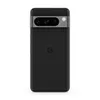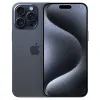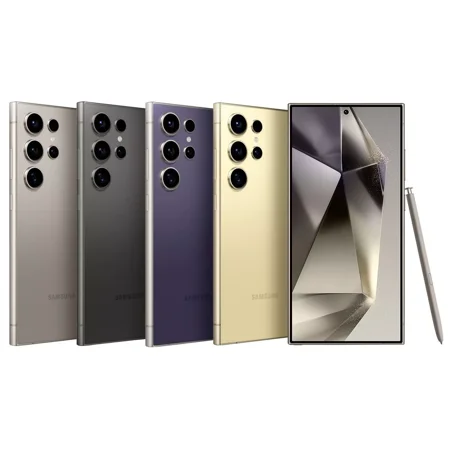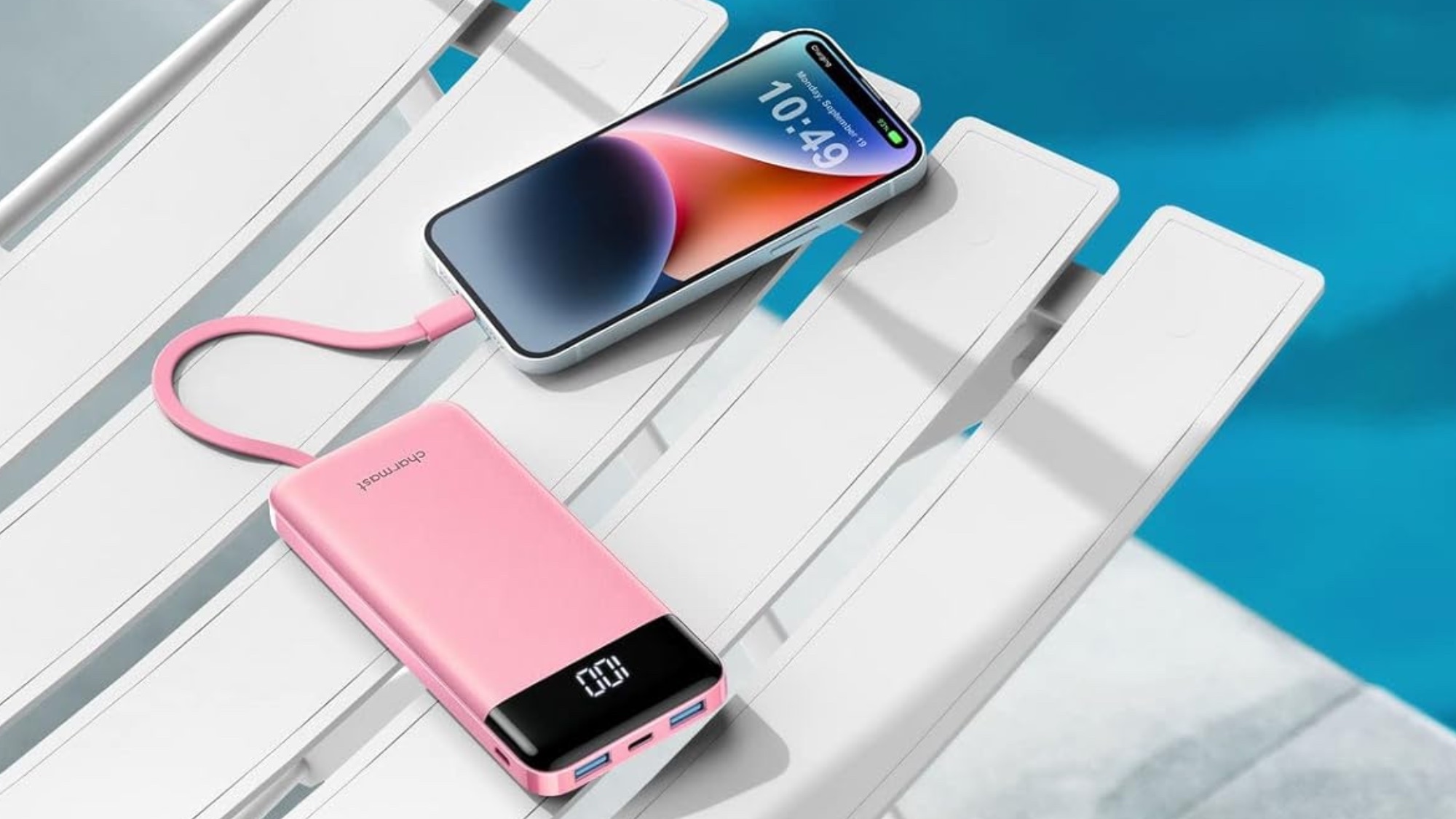Samsung thinks generative AI can save Bixby — but I’m not convinced
Bixby isn't dead, and that feels like a mistake
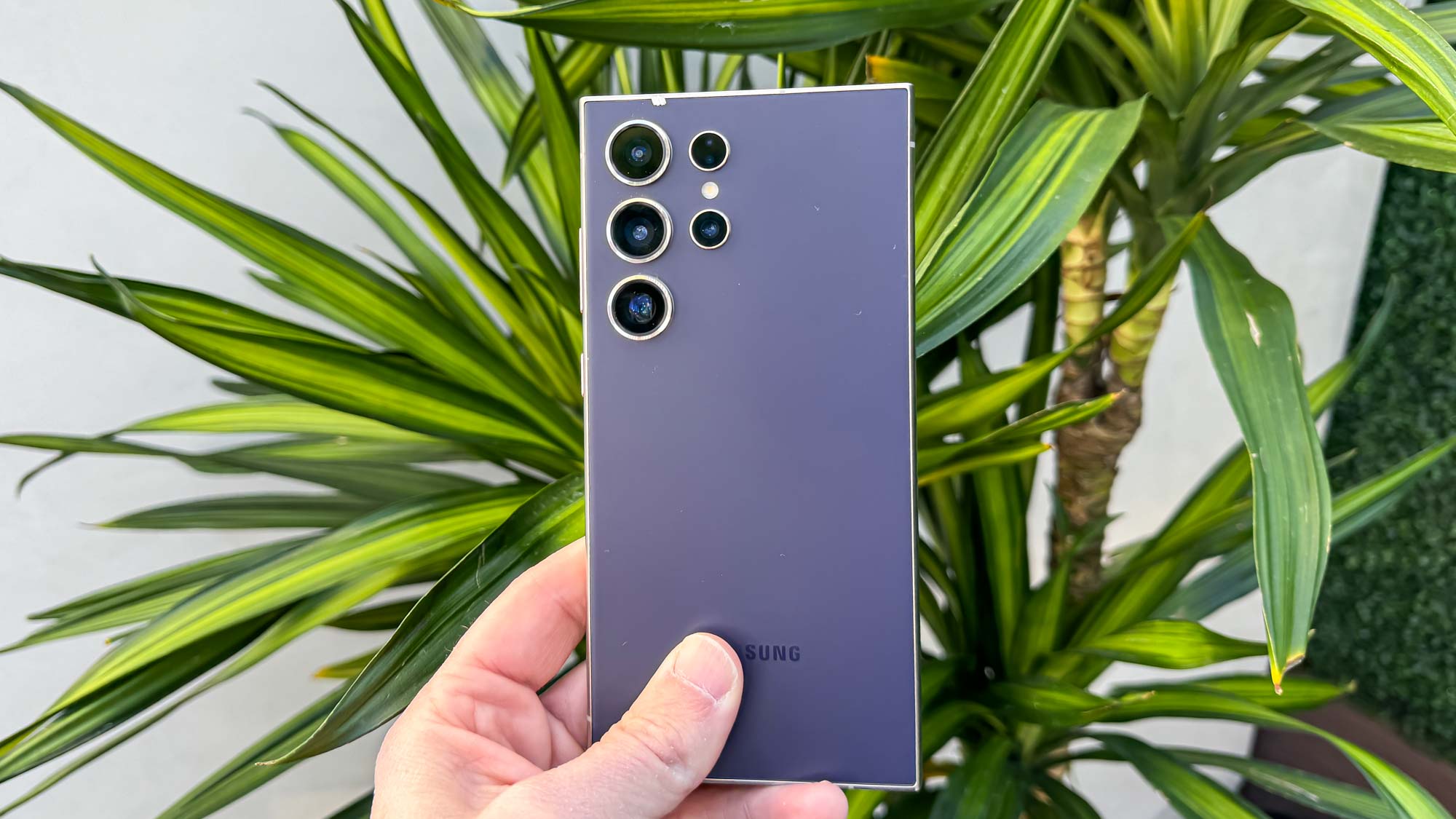
It feels like just about every company is going all in on generative AI at the moment, and Samsung is no exception. But the tech giant’s ambitions may not be limited to the Galaxy AI suite. In fact, Samsung may be about to take a leaf out of Apple’s book, and use generative AI to enhance the capabilities of its virtual assistant Bixby.
Samsung didn’t offer much detail about its plans to upgrade Bixby with generative AI, other than the fact it would likely use generative AI and large language models (LLM) to “become smarter in the future” and offer a more natural voice-based interface.
Unfortunately, it’s making me feel like Rachel McAdams in Mean Girls, and I can’t help but think that now is the time for Samsung to let go and stop trying to make Bixby happen.
Samsung can’t seem to take a hint
Bixby is just coming up to its 7th birthday, having launched alongside the Samsung Galaxy S8 in April 2017. The idea was that the virtual assistant would be Samsung’s take on Siri or Google Assistant, with the ability to unify the voice-experience across all Samsung devices — from phones to TVs to smart home devices.
Samsung even added a dedicated “Bixby button” to flagship phones, letting you summon the virtual assistant quickly and easily. Unfortunately, even this incredible piece of hardware couldn’t get people to adopt Bixby — and the first apps to reprogram the Bixby button appeared pretty soon after the Galaxy S8 was released.
As Samsung announced a bunch of new features and upgrades for Bixby 2.0, the audience actually had to be prompted to clap. Twice.
The following year, as Samsung announced a bunch of new features and upgrades for Bixby 2.0, the audience actually had to be prompted to clap. Twice. Which is never a good sign in itself, but the fact the polite clapping wasn’t accompanied by obnoxious cheering and whooping that you usually get at phone launches made the whole thing supremely awkward. It was the perfect microcosm of how people felt about Bixby at the time.
Samsung was undeterred and has continued upgrading and adding to Bixby ever since. Even when it had to remove the physical Bixby button on the Galaxy S20, the virtual assistant itself stuck around. Though Samsung never really gave Bixby the same kind of attention it got during its formative years.
It’s not hard to see why people barely gave Bixby any attention. The biggest issue was that Bixby was exclusive to Samsung products, primarily its smartphones. Samsung is a popular phone maker, but even it doesn't have the market share to make an exclusive feature a mainstream hit the same way Apple might. The fact Apple has more or less neglected Siri over the past decade or so without much ill-effect just goes to show that kind of power in action.
Samsung has also been fighting a losing battle against other virtual assistants. Google Assistant and Alexa were both available on Android phones when Bixby first launched, and both had the added advantage of being available in some incredibly cheap smart home devices.
While Samsung announced two smart speakers, only one of them was ever available — and only as a pre-order bonus in South Korea. So it’s no wonder that Bixby never really took off compared to virtual assistants that are more widespread and cheaper to access.
It’s really quite bizarre that Bixby still exists. It was widely rejected by users, and despite pushing regular updates Samsung doesn’t seem particularly interested in making Bixby more desirable to the average user. And yet, rather than letting go, Samsung is adamantly pushing forward to the next big AI trend.
At least Bixby can keep Google and Apple on their toes
Still, there is some benefit to Samsung keeping Bixby around. The fact is the biggest tech companies don’t always seem like they have a lot of competition, and we’ve already seen the likes of Google, Amazon and Microsoft pushing forward with partnerships and acquisitions that they hope will give them the edge against their rivals.
Naturally, competition can only be a good thing, especially for the consumers, since it pushes companies to offer more for less — lest their rivals gain the edge on them. So, by having more big tech companies trying to one-up each other with AI, the more likely it is that AI features will become more powerful and accessible. The services at the very bottom of the rankings should function as an incentive for others to not sink to that level.
While Samsung may not like people saying that, that is one of the roles Bixby has taken on over the past few years. It may have had upgrades and fancy new features like Bixby Routines, but it’s still the virtual assistant that turns on by itself in a quiet room and can’t be removed from your phone. So anytime it makes a meaningful advance, it should spur on the rest of the virtual assistant market to try and keep ahead.
Plus, Samsung already has a lot of custom software in its One UI interface, so there may well be an opportunity for Bixby to offer things that Google Assistant or Alexa can’t do. But Samsung will need to market these things a heck of a lot better than it has done already.
This is assuming Bixby has its own bespoke AI systems, and isn’t just adopting Google Gemini. Though if that were the case, it would make Bixby even more redundant and much harder to differentiate from Google Assistant — which every Android phone has to include. It’s rather pointless to have two assistants on a phone if they’re based on the same AI models, after all.
Bottom line
Samsung is a little late to the party with this, for reasons unknown. Google and Amazon are both integrating generative AI in their virtual assistant in some form, while Apple is rumored to be doing the same to Siri with iOS 18. But I suppose it’s better late than never, even if it means prolonging the existence of an assistant that’s never really been that popular with the masses.
There are some benefits to keeping Bixby around, even if it’s just to snap at the heels of better AI assistants. But Samsung should still learn when it’s time to let go. Even if that means doing what Microsoft did with Cortana and killing Bixby in favor of something brand new. Or, at the very least, launch a generative AI-powered assistant with a brand new name and none of the negative connotations passed on from the assistant nobody really cared about.
More from Tom's Guide
- Samsung Galaxy Z Fold 6 Ultra now looks legit — here’s why
- New AltStore will let you download iPhone apps in the EU via Patreon — going around Apple’s App Store
- Apple reveals ReALM — new AI model could make Siri way faster and smarter
Sign up to get the BEST of Tom's Guide direct to your inbox.
Get instant access to breaking news, the hottest reviews, great deals and helpful tips.

Tom is the Tom's Guide's UK Phones Editor, tackling the latest smartphone news and vocally expressing his opinions about upcoming features or changes. It's long way from his days as editor of Gizmodo UK, when pretty much everything was on the table. He’s usually found trying to squeeze another giant Lego set onto the shelf, draining very large cups of coffee, or complaining about how terrible his Smart TV is.





